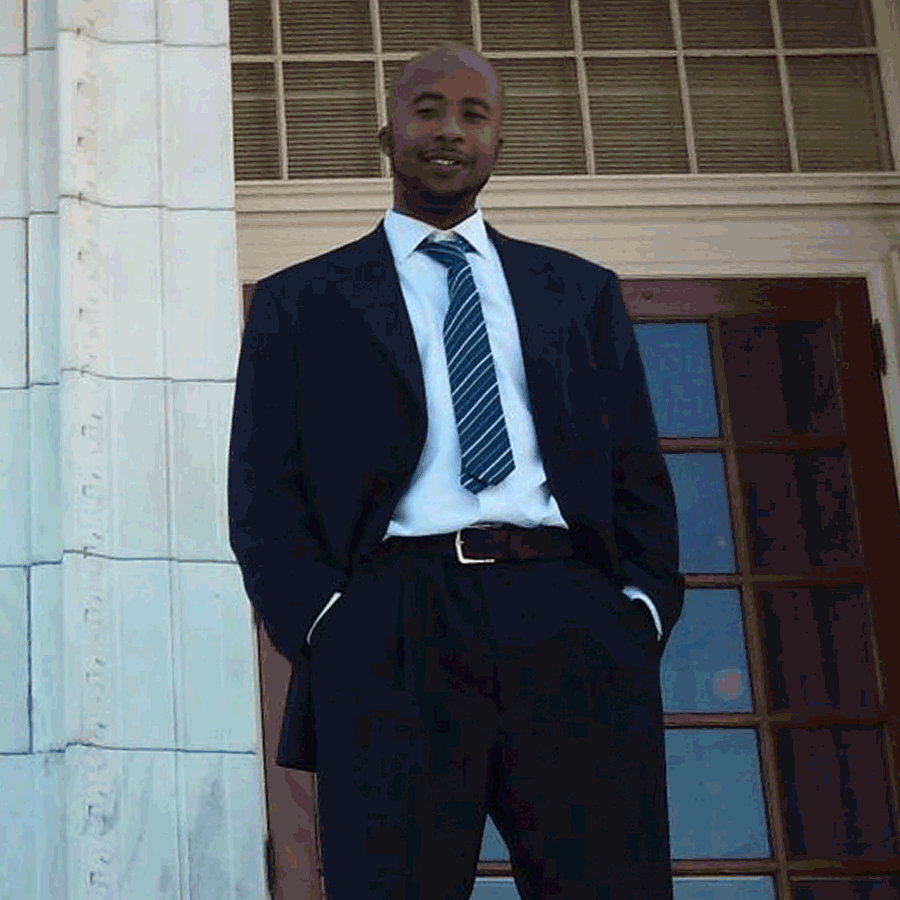While I was out with a team of Floridians gathering signatures in support of the Voter Restoration Amendment I encountered many individuals on both sides of the issue with one particular conversation standing out. The voter admittedly didn’t know much about the issue. After getting preliminary insight into the issue her immediate response was, “They should have never committed the crime”. My mouth literally dropped and I’ll tell you why. Currently, we live in an era of mass incarceration (link to stats on mass incarceration), privatized correctional institutions and an enduring stigma post-conviction that makes it difficult for individuals to get back on track if they desired to do so.
I think it’s very important to have these types of conversations with the caveat of the conversations being solution oriented and honest. In my opinion, it’s the only way we move forward together. There are two ways (maybe more) to approach this conversation (pre-incarceration including factors that play are a role leading up to incarceration and post-incarceration/felony conviction). For the purpose of this blog, I’d like to focus on post-incarceration specifically identifying ways to decrease recidivism. Recidivism by definition is the rate by which individuals re-offend. What are ways to has caused the recidivism rate to drop? Employment, housing, education, civic engagement, and re-connection with family. Who benefits? Everyone! When an individual is gainfully employed not only does this increase the tax base returning citizens then will have the ability to circulate money in the community on a micro and macro level. When returning citizens either own a home or have stable housing they tend to have pride in the community creating a vested interest in ensuring their community is safe. Returning citizens who’ve had their civil rights restored feel a piece of ownership in the cities and states they live in. Also, education creates the opportunity for returning citizens to learn the new philosophy, skills, and was to apply the new found knowledge to their lives increasing the potential opportunities.
To tie the above paragraph into the initial conversation with the voter and/or any community member (including family, friends, business owners, leaders, and elected officials) I believe it’s important to highlight paths to success and true redemption. When given second chances along with proper support, there is proof of returning citizens becoming fully engaged in society as well as giving back by showing youth from at-risk areas/demographics there is a better way to live life thereby contributing to society versus becoming a burden on it. We must always be mindful that we are only as strong as our weakest link so it’s incumbent upon us to explore ways to strengthen our citizens.


